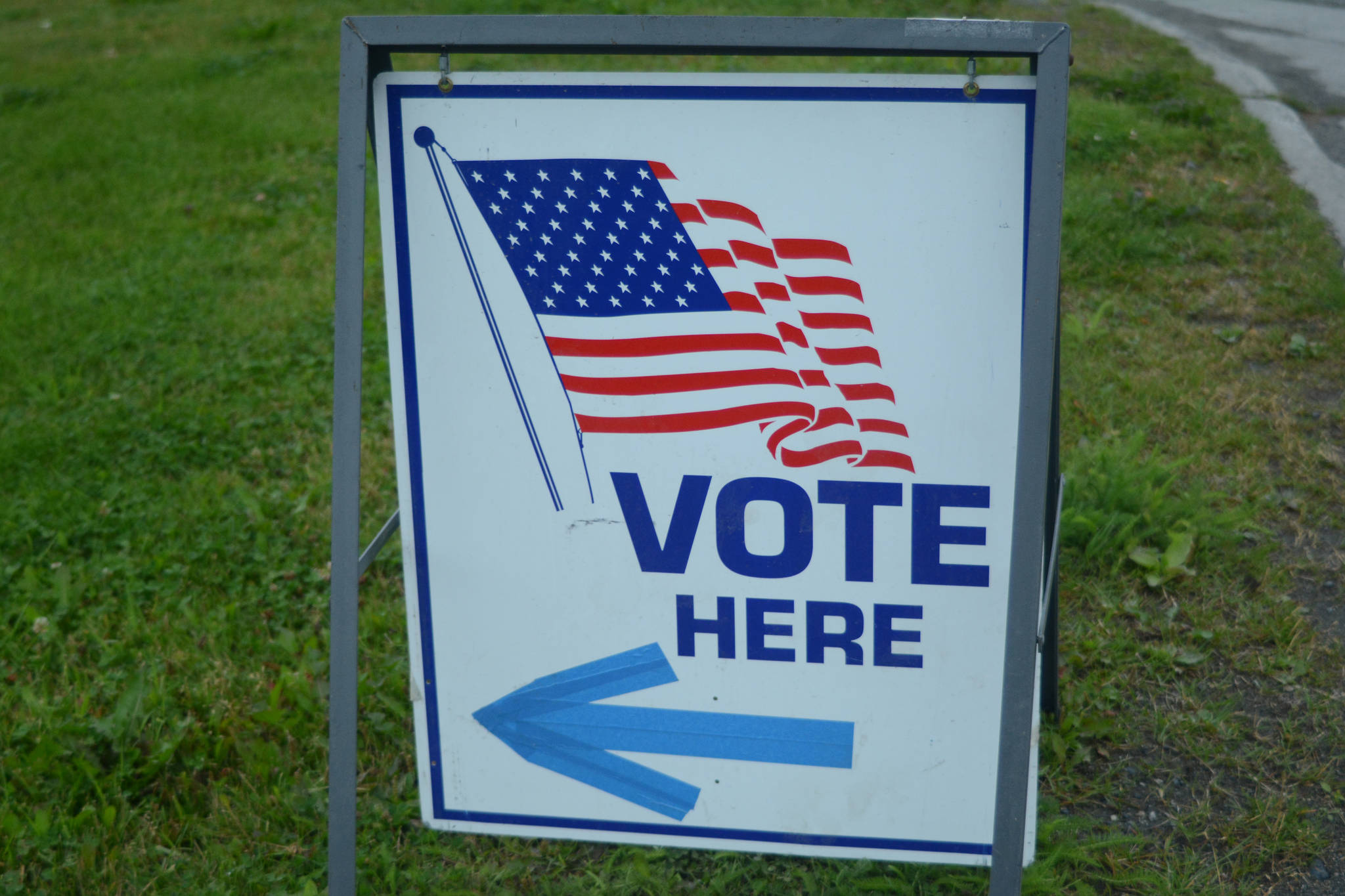By Erin Jackson
The election is just months away and Alaska is running out of time.
In order to run a safe and fair election this November, Sens. Lisa Murkowski and Dan Sullivan and other federal leaders must urgently invest in and implement election protection reforms across the country so all Americans have equal access to the ballot box. The voters in Alaska must have the same voting rights and access as voters in other areas of the country.
The events we saw during the primaries in Wisconsin, Georgia and other states were unacceptable. Voters in those states, particularly people of color, faced countless barriers to voting — including absentee ballot delays, polling place closures, five-hour long lines and broken voting machines.
Experts estimate that the reforms needed to secure our elections will require a $4 billion investment from Congress for states and precincts to carry out this year, $400 million of which has already been sent to states without stringent enough requirements to protect voters everywhere. Many of these important reforms are laid out in the HEROES Act, but there are five key reforms that would significantly boost access to the ballot and ensure Alaskans don’t have to choose between their health and their vote. Those key reforms are:
■ Ensuring that every state, including Alaska, takes steps to protect the health and safety of poll workers and voters.
■ Expanding voter registration options such as online registration and same-day registration.
■ Requiring Alaska to expand early voting to prevent lines and crowded polling places on Election Day where people could be exposed to the coronavirus.
■ Enacting no-excuse postage-paid vote by mail as an option for every voter in Alaska and across America.
■ Providing assistance at the polls for voters whose first language is not English, or voters with disabilities or other needs.
Here in Alaska, we have already implemented no-excuse absentee vote-by-mail ballot options, but polling places do not have specific operating guidelines meant to keep poll workers and voters safe, nor do they have multilingual ballot options. Why should states like Colorado or California have safer voting options than people in Alaska?
These are common-sense, time-tested solutions that will make it safe and fair for Alaskans to cast their ballot no matter where they live. Alaska’s rural community is especially at risk if safety precautions are not taken. There is overwhelming support from the electorate and leaders in both political parties to pass these pro-voter reforms.
New polling of voters in battleground states and/or states with competitive Senate and House races, including Alaska, which was just released by Let America Vote and the National Democratic Redistricting Committee, found that after voters learned that vote by mail would make it “easier for people to vote who may not be comfortable going to a polling place because of the coronavirus,” 73% supported it.
Washington Secretary of State Kim Wyman, a Republican, recently said in a virtual town hall: “I don’t think vote by mail, as an option in the COVID-19 social distancing environment we find ourselves in, is a Democrat or Republican issue.” In fact, a bipartisan group of lawmakers in “reddish-purple” North Carolina recently came together to pass a law to expand mail-in voting in the 2020 election.
Former RNC chairman Michael Steele wrote in a recent op-ed: “[T]he current emergency demands expanded use of vote-by-mail,” and our “democracy depends on it.” Recently, even the RNC sent a mailer to voters in Pennsylvania that said: “Voting by mail is an easy, convenient and secure way to cast your ballot. Return the attached official Republican Party mail-in ballot application to avoid lines and protect yourself from large crowds on Election Day.”
Despite this wave of bipartisan support, President Donald Trump has spread lies to fan the flames of fear about election fraud and thereby block reforms or create a diversion that runs out the clock. Considering that Trump himself opted to vote by mail in the 2018 election and 2020 Florida primary, you’d think he would support the program for all citizens.
We cannot allow the right to safely vote become another polarizing issue in our country.
There is absolutely no evidence that measures to help people vote safely would increase the risk of election fraud. In the 2018 midterm election, more than one in four voters nationwide, and 22,355 voters in Alaska, cast their votes by mail, and the results were fair and accurate.
More people safely accessing the polls in November does not give either party an upper hand. Research shows that it equally increases the number of voters from each political party. So it’s no surprise to see many Republican governors and Secretaries of State reject Trump’s thinking and join Democratic governors in calling for pro-voter policies.
This November we must protect our democracy and, therefore, the integrity of our elections, beginning with ensuring all Alaskan voters and those across the country are able to exercise their constitutional right to vote.
No one should have to choose between their health and their vote. Alaskans need to take a stand and demand the right to vote safely.
Erin Jackson is executive director of Alaskans Take A Stand.
• Erin Jackson, executive director of Alaskans Take A Stand

